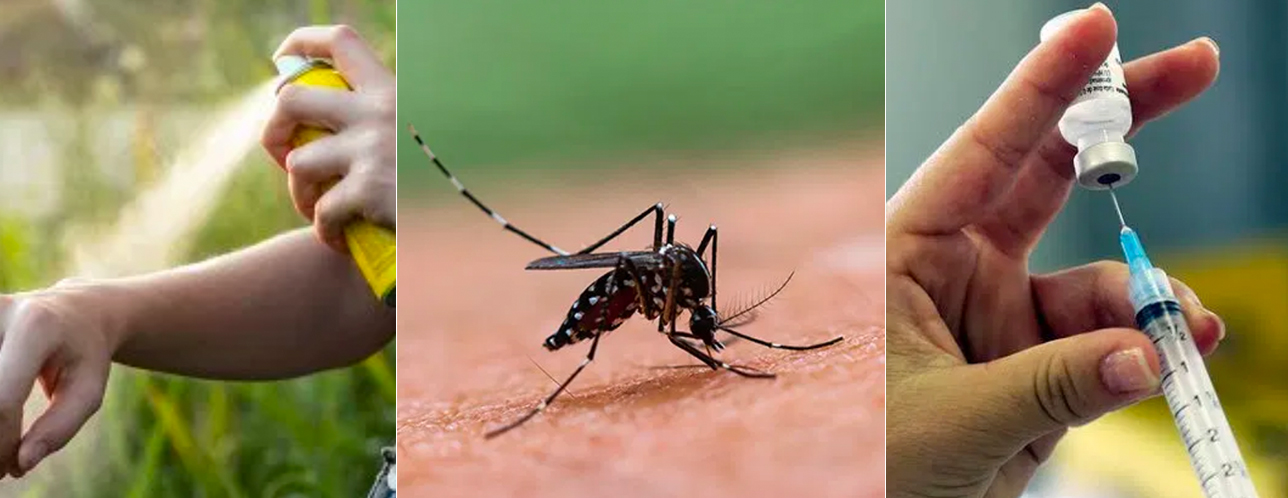With the number of dengue cases rising rapidly, The Straits Times stated that Singapore is ”on track to record its worst dengue outbreak“. Besides having to battle the coronavirus, we’re also faced with the strife of dengue and the spike of cases in the community.

Now you must be wondering how these cases have risen over the past few months, even during the Circuit Breaker? Well, according to Today Online, factors such as the “prolonged period of population clustering during the Circuit Breaker in April and May”, as well as the “re-emergence of the DENV-3 strain” are contributing factors to the outbreak.
Besides practising good hygiene and donning your mask when you’re out to protect yourself and avoid spreading the coronavirus, it is also imperative that you do your part by preventing the spread of dengue. From clearing small pools of water around your home to getting vaccinated, here are some of the things you should know to protect you and your loved ones from contracting dengue fever.
1. Check if your estate is a dengue cluster

In a recent article by TODAY Online, it has been said that the rise of dengue cases is more predominant in the East and North of Singapore. Nevertheless, if you’re uncertain of populated areas with dengue cases, you may refer to NEA’s website where you can find the different dengue clusters located around the island. Alternatively, you may also have noticed the banners lining the walkways around your neighbourhood that indicate the colour-coded system that shows the clusters and the severity of cases in your area.
2. Pour out any stagnant water

Your newfound love for potted plants may have just added some greenery to your sanctuary but it could also be a potential breeding ground for Aedes mosquitoes. Whether you have them out on your balcony, your doorstep or even in your house, getting rid of stagnant water is important to keep dengue fever at bay. Believe it or not, stagnant water in pools as small as the size of a 20-cent coin, is sufficient enough for mosquitoes to breed. Hence, be sure to make it a habit to pour out any water — be it in your flowerpot plate, pail, bamboo pole holder, roof gutter and drains — to get rid of any potential breeding grounds.
3. Get vaccinated if you’ve been infected before

For those who have been infected by dengue fever before, you can also amp up on protection by getting yourself vaccinated with Dengvaxia. Approved by the Health Sciences Authority, the vaccine is said to prevent dengue disease caused by dengue virus serotypes 1, 2, 3 and 4 for individuals from the age of 12 to 45 years old. The vaccination will encompass 3 injections, administered subcutaneously at 6 months intervals which will help to prevent another episode of the infection from happening.
4. Use insect repellent

Insect repellents formulated with the chemical DEET are really effective at repelling the mozzies. When applying the repellent, be mindful to do a skin patch test before using around your body to test for any allergic reactions to the formula. According to an article by The Straits Times, NEA mentioned that “Deet is not suitable for babies under two months old and, other measures, such as the use of a mosquito net, should be employed instead”. Children are also advised to use repellents with a lower concentration of Deet as well.
5. Invest in a home mosquito repellent

Instead of opting for the traditional mosquito coils which may be a fire hazard, there are other alternatives such as ultraviolet light to attract mosquitoes into an electrocuting trap or an electrical mosquito coil.











You must be logged in to post a comment.